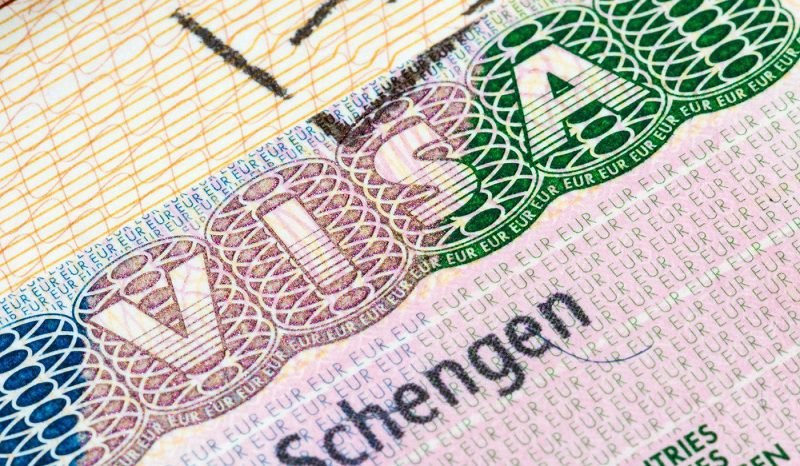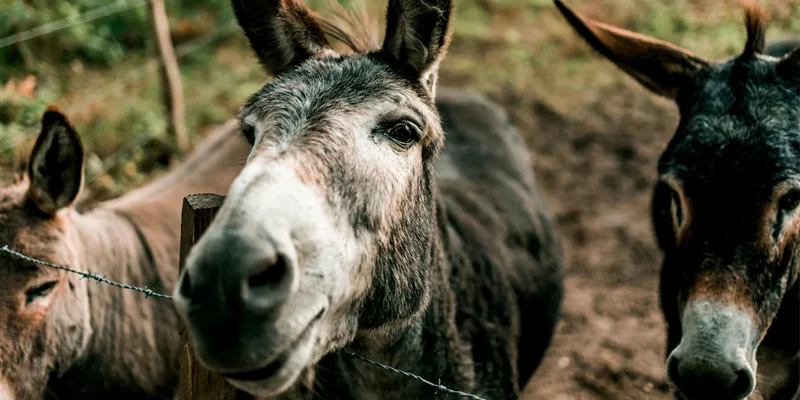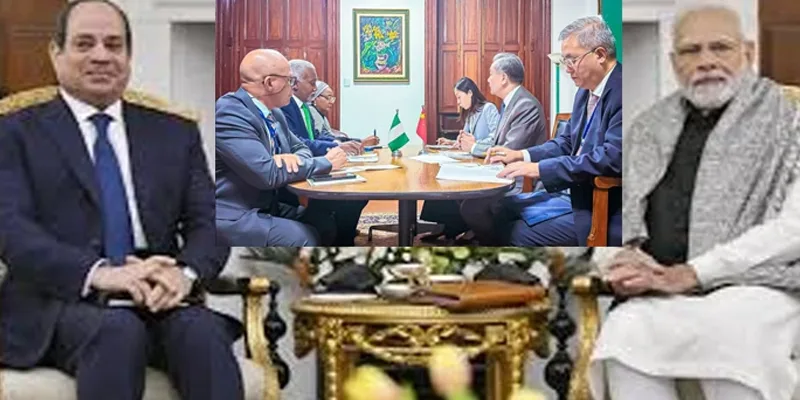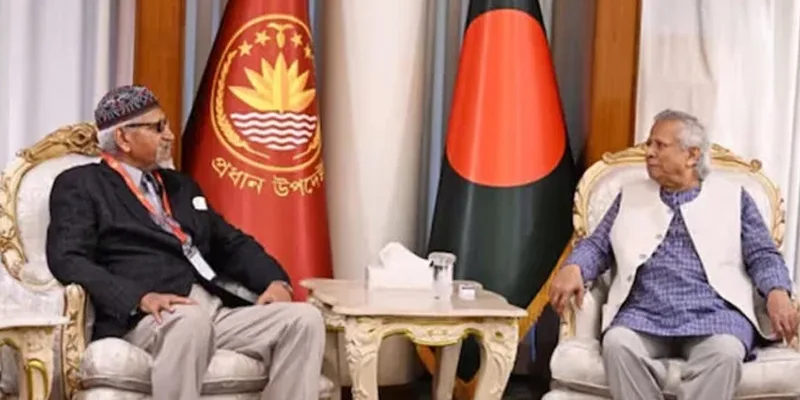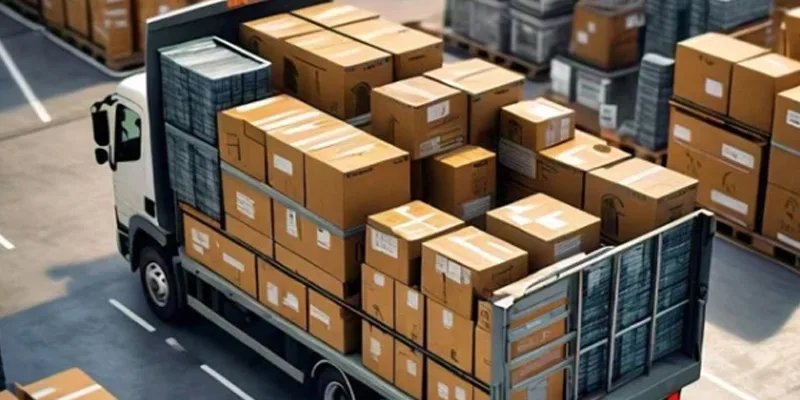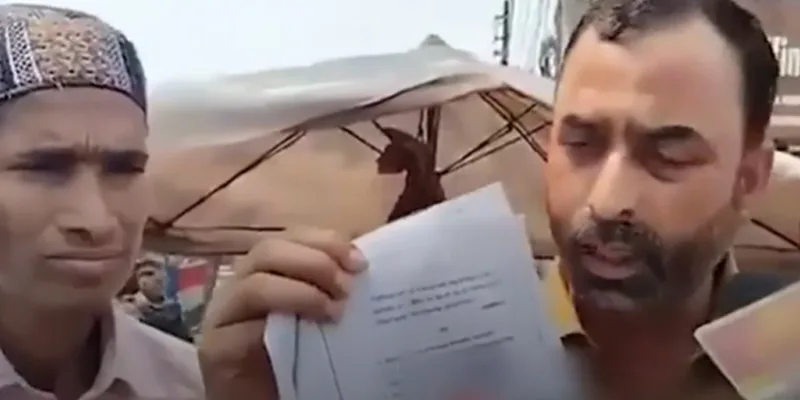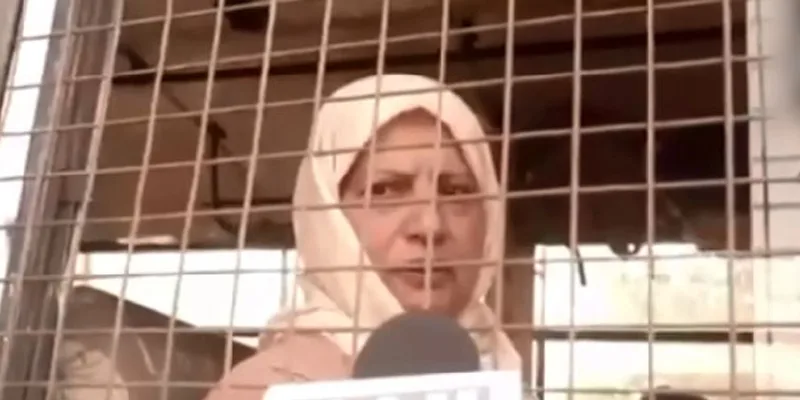
Australia is moving to tighten its international student intake, echoing some elements of former U.S. President Donald Trump’s immigration policies. Reports in the Australian media indicate that Opposition Leader Peter Dutton has put forward a proposal aimed at limiting the number of international students entering the country.
Dutton’s proposal includes setting stricter enrolment caps, increasing visa application fees, and making changes to the temporary graduate visa program to reduce the overall intake. Under the Coalition’s plan, the number of foreign students allowed annually would be reduced by 30,000, capping the total at 240,000. By comparison, the current Labor government has announced it will limit international student numbers to 270,000 by 2025.
Dutton has also stated that public universities would only be allowed to admit international students up to 25% of their total student body. This would translate into around 115,000 new international students at publicly funded universities and another 125,000 in private and vocational education and training courses.
The Coalition has linked these proposed changes to housing pressures, arguing that ongoing migration is driving up demand and making home ownership increasingly unaffordable for young Australians. To further control inflow, they propose increasing visa application fees to $5,000 for students applying to Group of Eight universities and $2,500 for all others.
Additionally, the Coalition is looking to overhaul the visa system that allows international students to remain in Australia for work after graduation. This review aims to prevent the visa’s use as a pathway to permanent residency or for access to the labour market outside of its original intent.
According to the Coalition, the number of international students in Australia rose sharply, from 520,000 in the previous year to over 850,000 expected in 2025. The international education sector has pushed back against the proposed restrictions, particularly the cap on student enrollment at public universities, calling the policy a direct reflection of Trump-era immigration strategies.
The Coalition plans to release more information on its broader immigration platform before the federal election scheduled for May 3.


